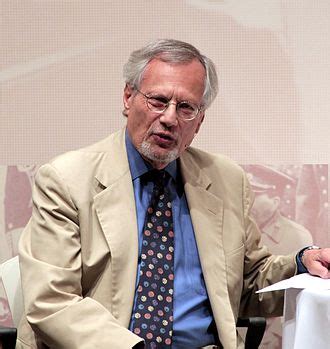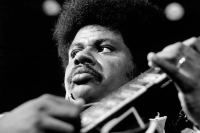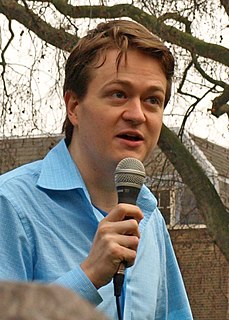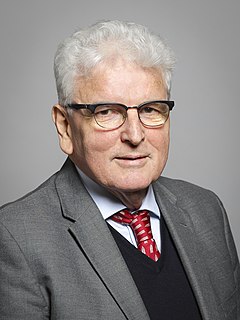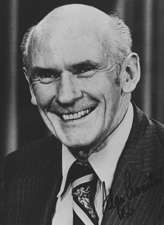A Quote by Charles Stross
I have a fear of nuclear annihilation. I'm a child of the cold war: I didn't live more than 10 miles from a major WarPac nuclear target until the Berlin Wall came down and the CW ended. Knowing you can die horribly at any moment because of decisions made by alien intelligences thousands of miles away who don't even know you exist - there's something Lovecraftian about that, isn't there?
Related Quotes
What is the only provocation that could bring about the use of nuclear weapons? Nuclear weapons. What is the priority target for nuclear weapons? Nuclear weapons. What is the only established defense against nuclear weapons? Nuclear weapons. How do we prevent the use of nuclear weapons? By threatening to use nuclear weapons. And we can't get rid of nuclear weapons, because of nuclear weapons. The intransigence, it seems, is a function of the weapons themselves.
Much as Cold War nuclear strategists could argue about winning a nuclear war by having more survivors, advocates of a Global Warming War might see the United States, Western Europe, or Russia as better able to ride out climate disruption and manipulation than, say, China or the countries of the Middle East.
I believe in knowing all you can about the music and the people who made the music. I think it's much more important to know some good Miles Davis stories than to know how to play like Miles. I think you'll play better if you know some of the funny things he did than if you know the licks that he played.
Ours is a world of nuclear giants and ethical infants. We know more about war than we know about peace, more about killing than we know about living. The way to win an atomic war is to make certain it never starts. And the way to make sure it never starts is to abolish the dangerous costly nuclear stockpiles which imprison mankind.
I lived through the Cold War as a child, and we always thought a nuclear bomb could end life everywhere at any time. On one hand, it created an atmosphere where you lived for the moment - because it could end at any second - but on the other, it warped a generation into thinking t there was no reasonable expectation of building a future that could be vaporized at any moment by a few morons.


